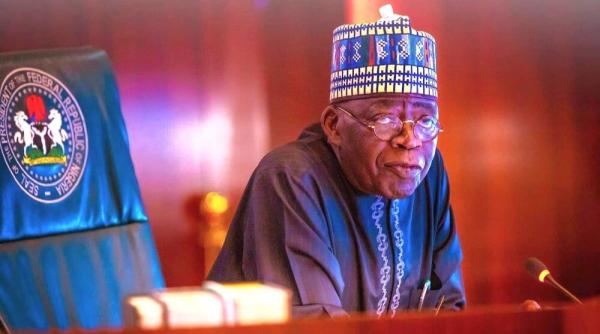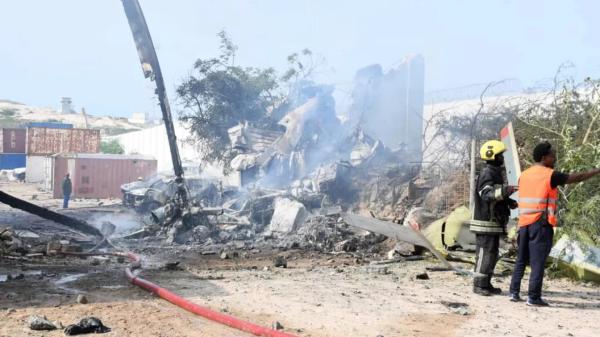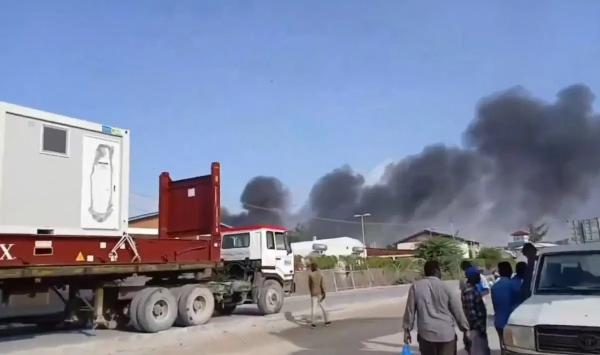
Somalian PM Abdi Farah Shirdon
Somalia – The prime minister of Somalia Abdi Farah Shirdon was ousted by parliament Monday amid a bitter power struggle within the internationally-backed government that could undermine efforts to rebuild the war-torn nation and tackle Islamist rebels.
Abdi Farah Shirdon, prime minister of the Horn of Africa nation for just over a year, lost a confidence vote in parliament after he resisted President Hassan Sheikh Mohamud’s demand that he resign.
“The motion has passed,” said speaker Mohamed Osman Jawari, adding that 184 out of 249 lawmakers in parliament voted to sack Shirdon.
“The current prime minster and his government will continue with their work until a new prime minster and a cabinet is nominated,” Jawari added.
The precise cause of the power struggle is unclear, but politicians have pointed to wrangling over alleged corruption, personal loyalties as well as Somalia’s complex clan politics, where each community expects to be represented in the corridors of power.
Shirdon, who left the parliament building before the vote, lashed out at the vote and complained he had been barred from making a speech in his defence.
“They refused to let me talk… and that is unacceptable, even the accused has the right to defend himself,” Shirdon told reporters minutes before the vote took place.
The government, which took power in August 2012, was the first to be given global recognition since the collapse of the hardline regime in 1991, and billions in foreign aid has since been poured in.
While the government controls the capital Mogadishu, large swathes of rural areas are controlled by Al-Qaeda-inspired Shebab rebels who have emerged as a threat to regional and international peace — striking outside of Somalia most recently at the Westgate shopping mall in Nairobi.
Somalia has also become synonymous with piracy and a danger to key international shipping lanes. The country is also badly divided, with Somaliland in the north having declared full independence, while Puntland in the northeast functions as an autonomous state.
Without resolution, political divisions could impact the government’s focus on the security situation and efforts to battle Shebab rebels.
The African Union force that fights alongside government troops is awaiting reinforcements to boost it to some 22,000 soldiers, which is expected to kickstart a long-expected fresh offensive.






















